Aanar / Pomegranate – Grafted Plant
Original price was: ₹ 999.₹ 449Current price is: ₹ 449.
Alright, let’s cut the formal stuff. If you’re thinking about growing something at home that actually pays off, grafted pomegranate (yeah, that’s “anar” for all you folks in India) is totally worth a shot. Don’t mess around with seed-grown plants – they’re slow, fussy, and usually not as tough. Grafted anar is like the plant version of a superhero: strong roots, disease doesn’t bother it much, and you get those fancy, juicy fruits way sooner. Seriously, you could see flowers and even a few fruits in, like, four to six months. Not even kidding.
Dimensions: Width: 40-70 cm
✅ Guaranteed refund if damaged. Learn more.
*Nursery pot not included.
Out of stock
Beginner Level
— Easy to care
— Well-drained, Organic soil mix.
Daily in Summer (High temperatures ranging from 30 to 45 degrees Celsius)
Once in a Week in Winter (low temperatures dropping below 10 degrees Celsius)
— Water the plant once the top-soil has dried
— Overwatering can kill the plant
Buy Grafted Pomegranate or Anar Plant Online
Those little ruby-red seeds (arils, if you wanna get technical) are basically nature’s candy, but healthy from the Grafted Pomegranate or Anar plant. And don’t sweat the climate. These trees come from places even hotter and drier than our average Indian summer – the Middle East, South Asia – so they absolutely love it. Anar and India go way back, and nobody knows when they started growing this thing here. Got a huge backyard? Cool, plant one there. Just a cramped balcony? No problem, throw it in a pot. This plant doesn’t care; it’ll still show off.
Key Features & Benefits
Ever notice how literally everyone – from that nosy neighbor to your aunt with the wild garden – just won’t shut up about grafted pomegranate plants lately? This is why
- Lightning-Fast Sweeter, Juicier, Healthier Fruits: No more waiting years! The grafted anar plant often gives you flowers and fruit within just 4 to 6 months. Grafted means less disease, more sweetness, and fruits that actually taste amazing.
- Ridiculous Health Perks: Pomegranates aren’t just fruits – they’re basically nature’s multivitamin in disguise. Packed with vitamin C, potassium, fiber, antioxidants, and whatnot?
- Gorgeous: I mean, c’mon, those shiny leaves? Wild, blazing red flowers? Fruits? They look like they belong in some enchanted forest, not just chilling in a pot at home.
- Built for Indian Conditions: Searing heat? Long dry spells? The grafted pomegranate plant shrugs it off and keeps growing.
- Symbol of Good Luck: In Vastu and Indian tradition, the anar plant brings prosperity, fertility, and abundance. Who doesn’t want some positive vibes?
How to Care for Your Grafted Pomegranate or Anar Plant?
Not exactly a plant whisperer? No worries—this one’s pretty forgiving!
- Sunlight: Sun junkies, these guys. Give ’em 6 to 8 hours of hardcore sunshine every single day. No cheating. If your plant’s a baby, give it a bit of shade when the afternoon sun’s going full apocalypse.
- Soil: Soil’s gotta drain well. Try a mix of 60% red soil, 40% cocopeat, plus a scoop of compost for a happy plant.
- Watering: For grafted pomegranate plants, deep watering works best, but don’t drown them. Two cups in the morning and two in the evening is a good rule of thumb. Mist the leaves in the summer to keep things cool. Oh, and don’t even think about watering with salty or chlorinated water.
- Feeding: When it comes to feeding, go all-in on the organic scene – think manure or vermicompost every couple of weeks. Ditch the chemical fertilizer, seriously.
- Pruning: Hack off those sad, scraggly branches when winter’s wrapping up. Makes the Anar plant bushier, keeps the air moving, and basically tells pests to take a hike.
- Pest Protection: Got bugs? Neem oil or eucalyptus spray goes way back, but it works. Forget chemical warfare.
Flowering and Seasonal Highlights
Here’s where things get exciting! Man, the grafted anar plant? Total diva in the garden. Those big, trumpet-style red flowers practically demand attention – like, you can’t walk by without stopping for a look. And then, boom, they morph into these shiny, ruby-red pomegranates just loaded with sweet, juicy arils. Honestly, it’s almost showing off.
Fruiting Season: Give this Anar plant a bit of love, and it’ll reward you with fruit almost the whole year in India. It really cranks it up during summer and monsoon, though.
First Fruiting: Expect your first harvest within a year – sometimes even sooner. Instant gratification, anyone?
Ideal Placement for the grafted pomegranate (Anar) plant
Not sure where to put your new green baby? Here’s what works best:
Terrace or Balcony: Perfect for city living. Use a pot at least 18 inches wide for best results.
Open Garden: If you’ve got space, plant directly in the soil for a lush, fruitful look.
Ornamental Corners: Its striking flowers and fruits make the grafted anar plant a great focal point in lawns, courtyards, or patios.
Why the Grafted Pomegranate Plant is a Smart Buy?
Look, if you want a plant that basically takes care of itself, grows like it’s on a mission, and showers you with tasty fruit – just grab a grafted pomegranate. Seriously, it’s a win for any Indian household. And if you’re stuck on gift ideas? Forget the boring stuff. Buy them this Anar plant online from Upjau , the best online plant nursery in India!
Frequently Asked Questions
Q. How long does it take for a grafted pomegranate to fruit?
A. Grows faster than you’d guess. This baby starts showing off with flowers and maybe even some fruit in like, 4 to 6 months. Yup, months. Put ‘em in a big pot (think like 18 inches), stick it in the terrace and you’re golden.
Q. How tall is a 2-year-old pomegranate tree?
A. It just hangs out at like 2 or 3 feet. Kinda cute, right? That’s for primo trees, usually 1-2 years old, measured from the top of the root ball (not the little roots dangling out). After it shows up on your doorstep, give it a bigger pot (10-12 inches across works).
Q. Is anar plant good for home?
A. Heck yes, get yourself an anar. They look cool – green leaves, those poppin’ orange-red flowers, and, bonus, you might get actual fruit. They’re tough little guys, don’t fuss too much, and can chill on your balcony or in the garden as long as they get plenty of sun. Some say they even help clean the air. Basically, unless you’re growing them in a closet, you’re golden.
Only logged in customers who have purchased this product may leave a review.

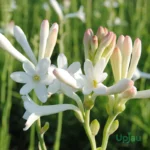
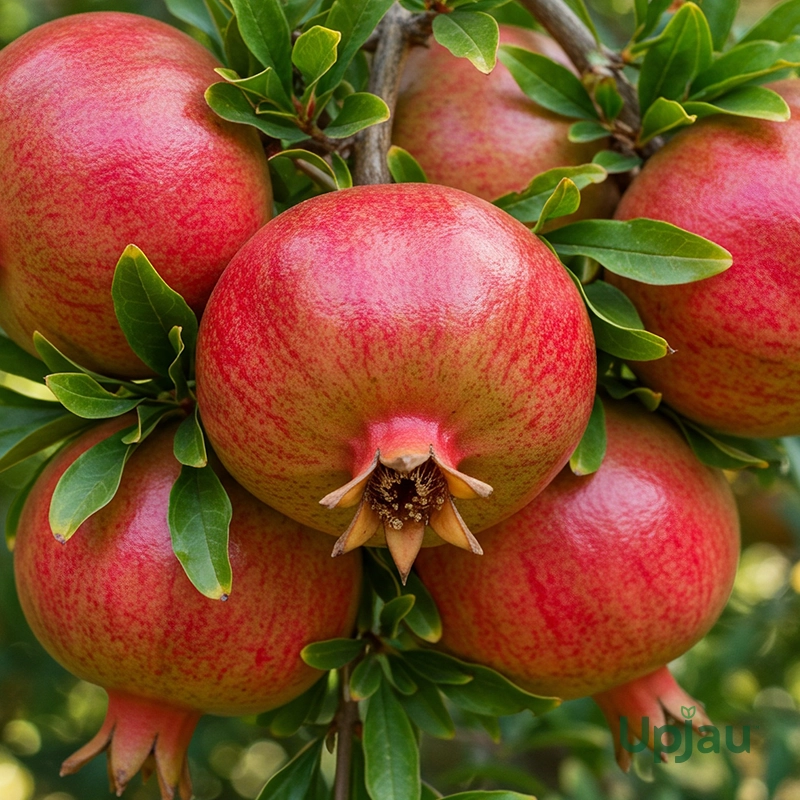

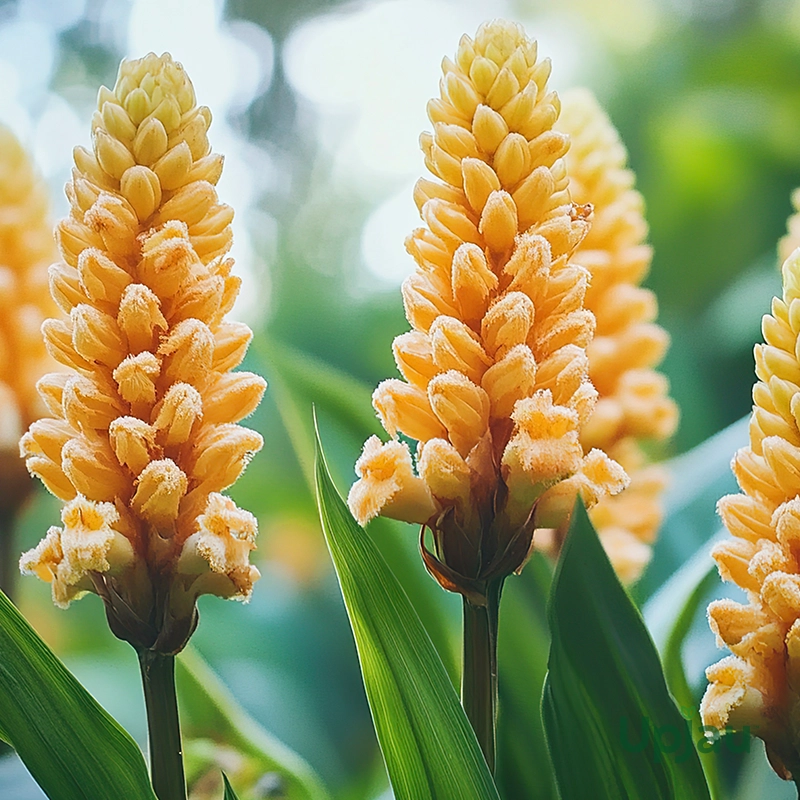
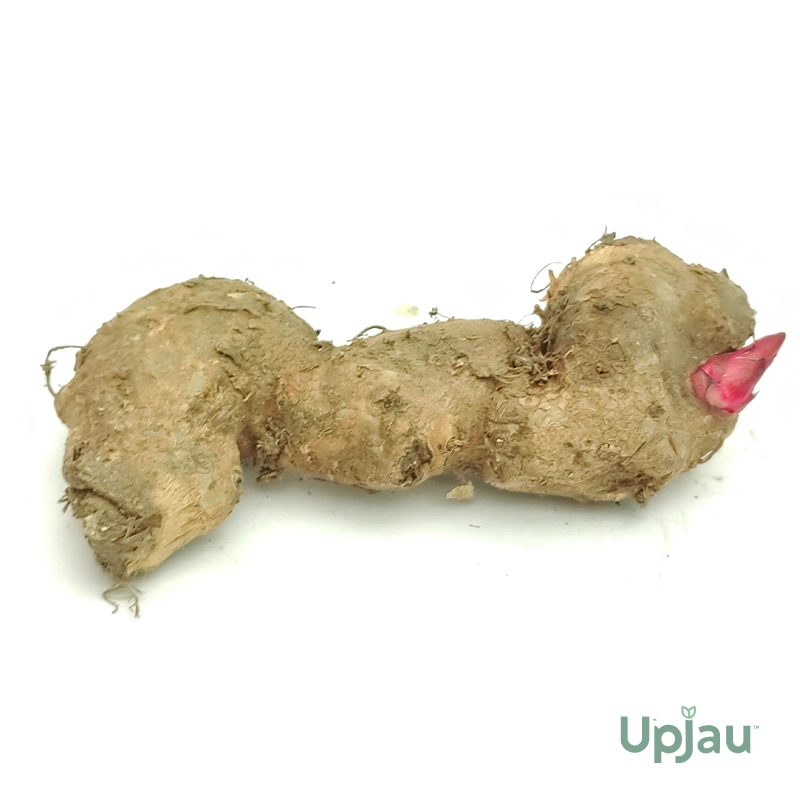

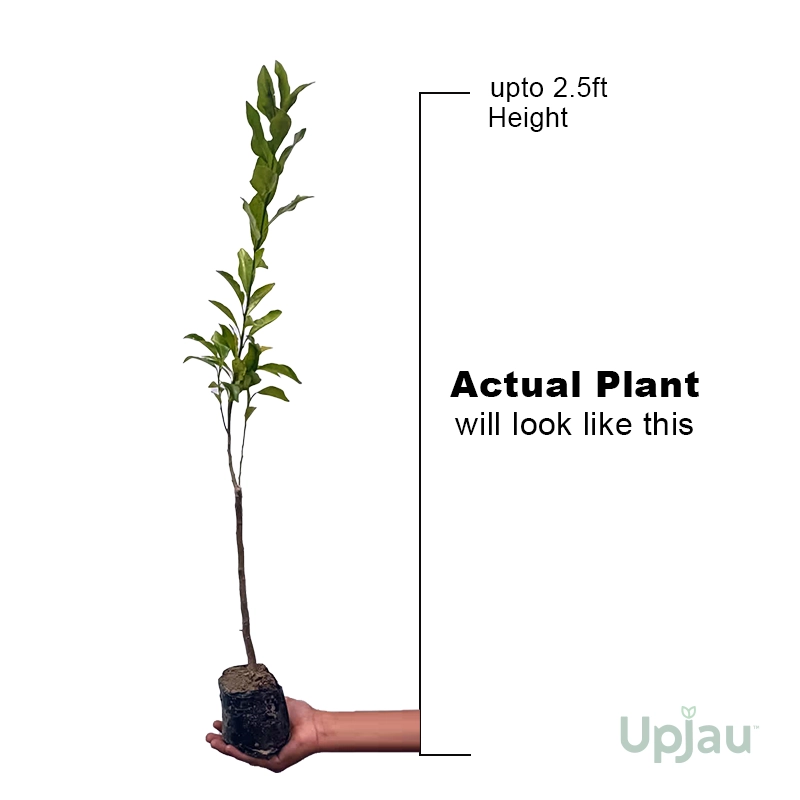
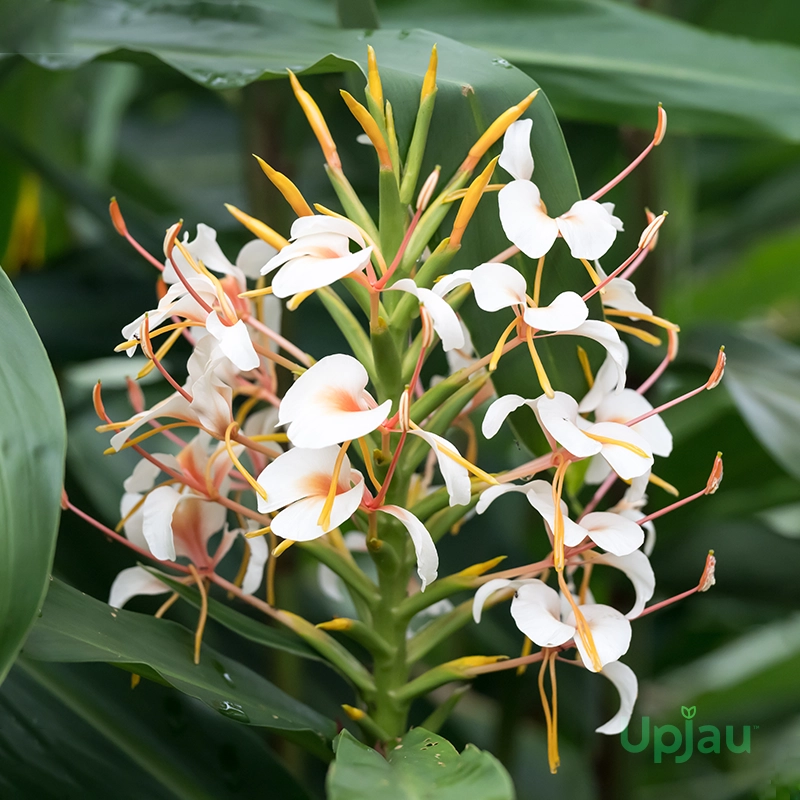
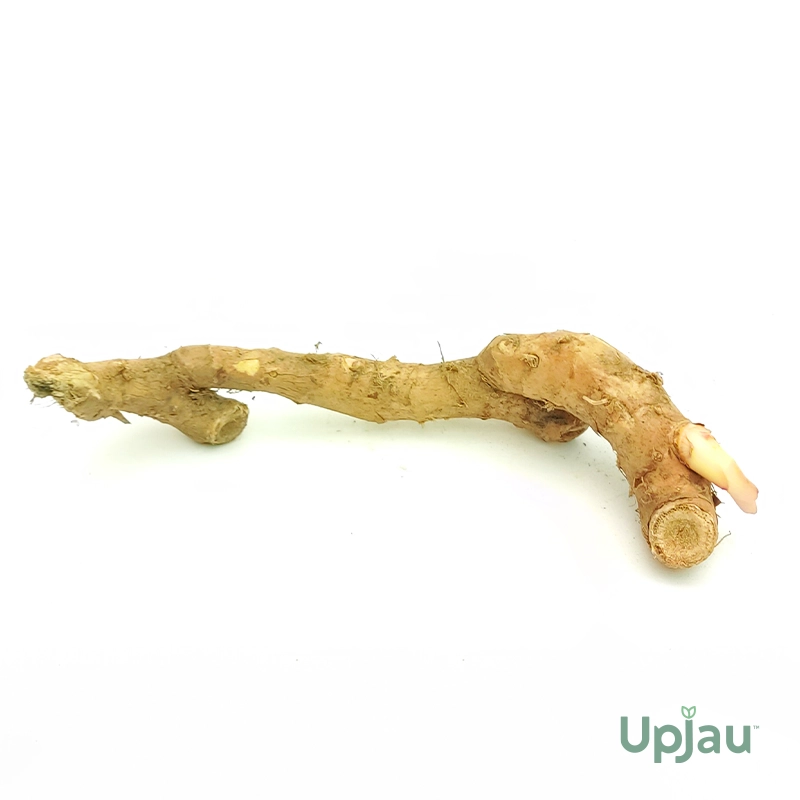




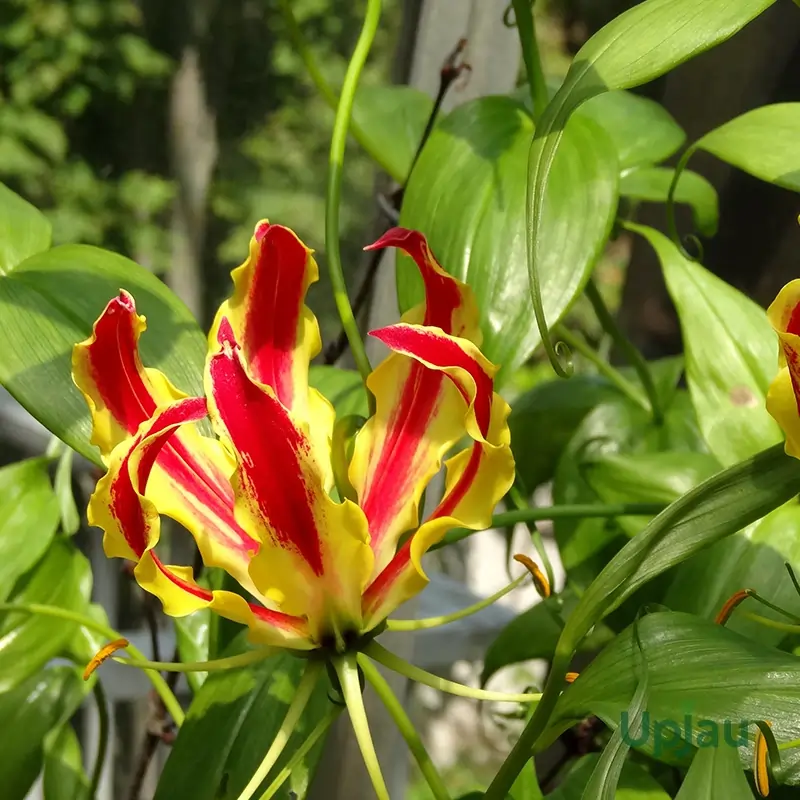

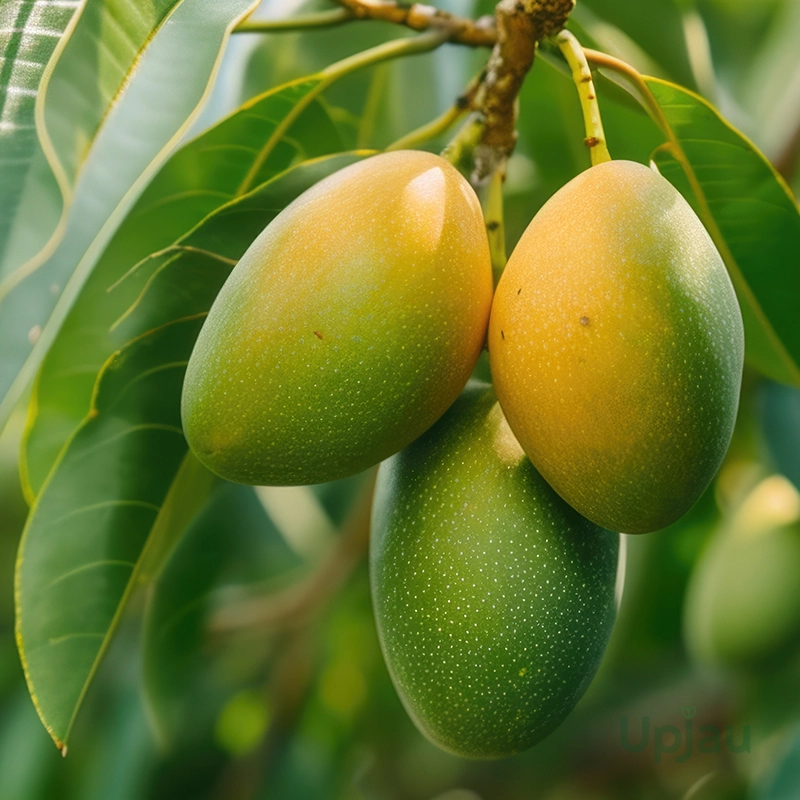
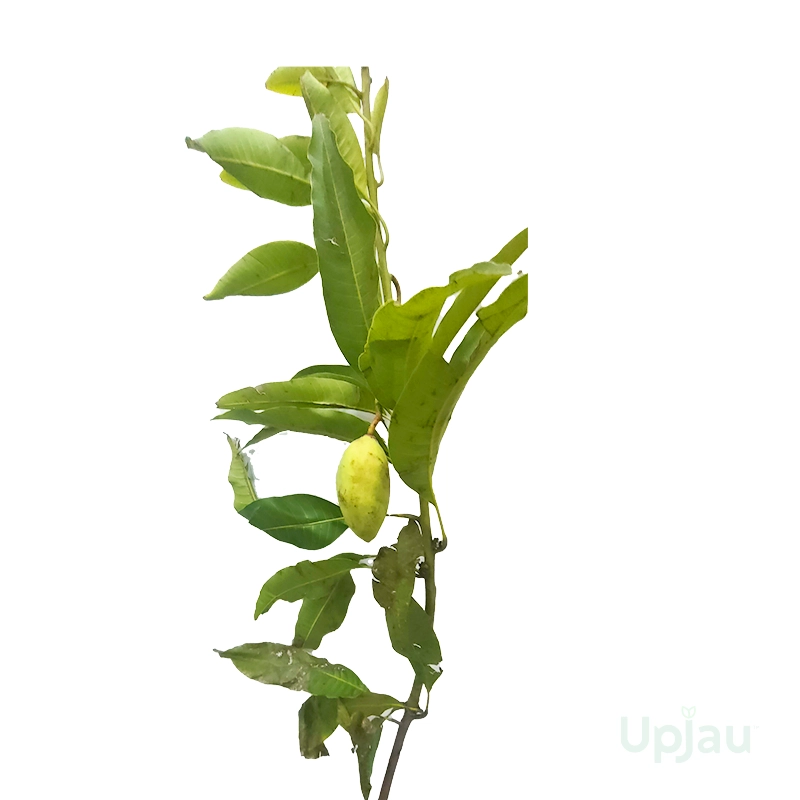



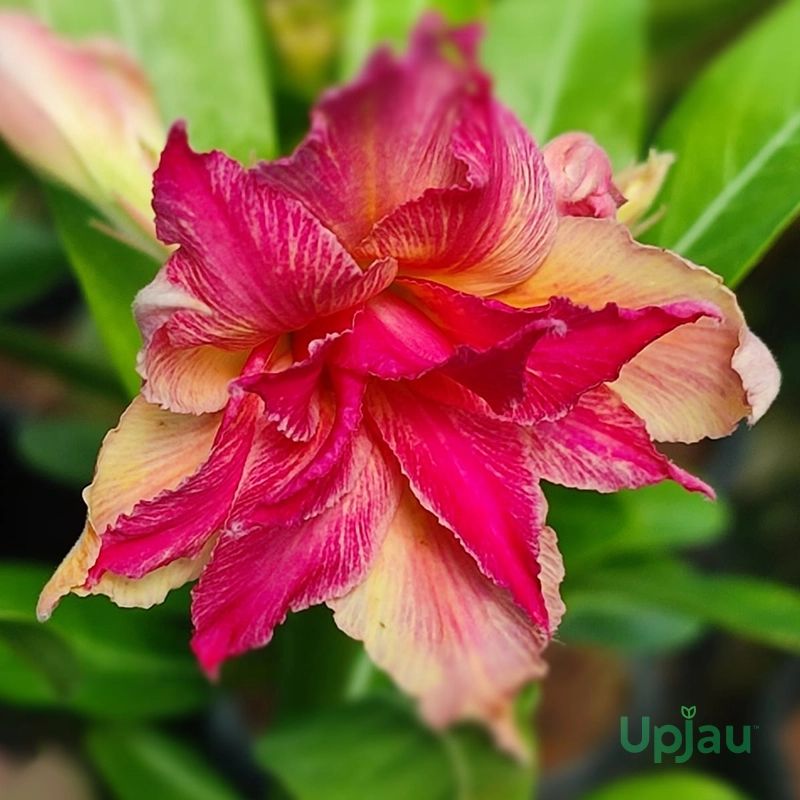
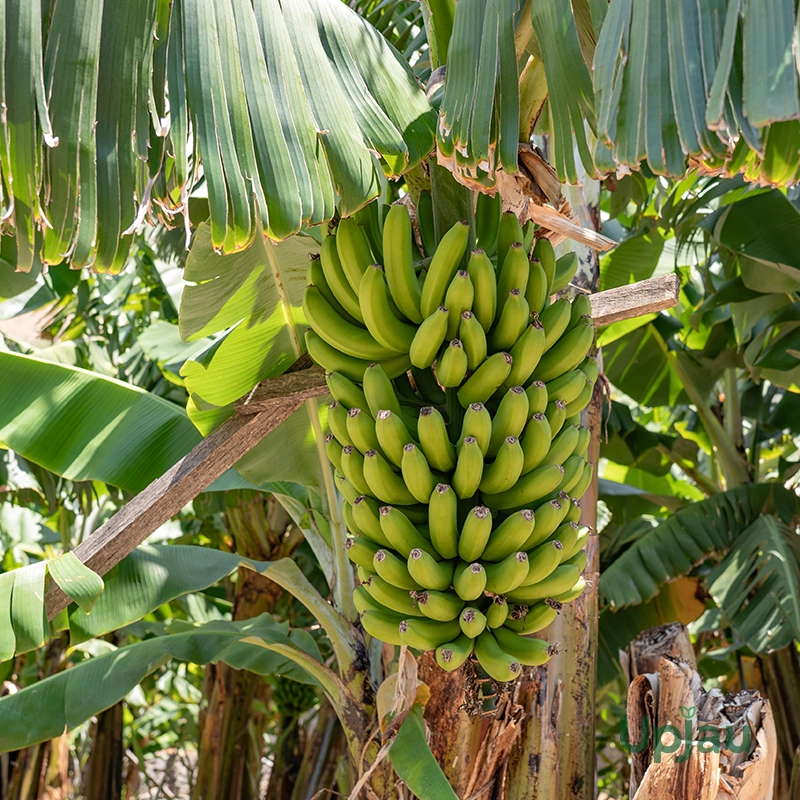
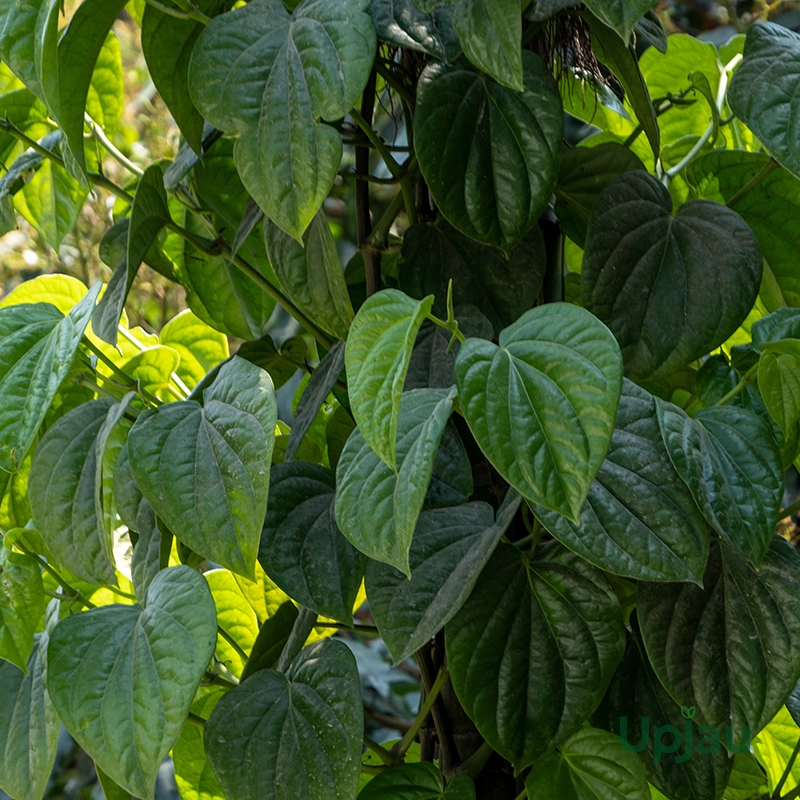
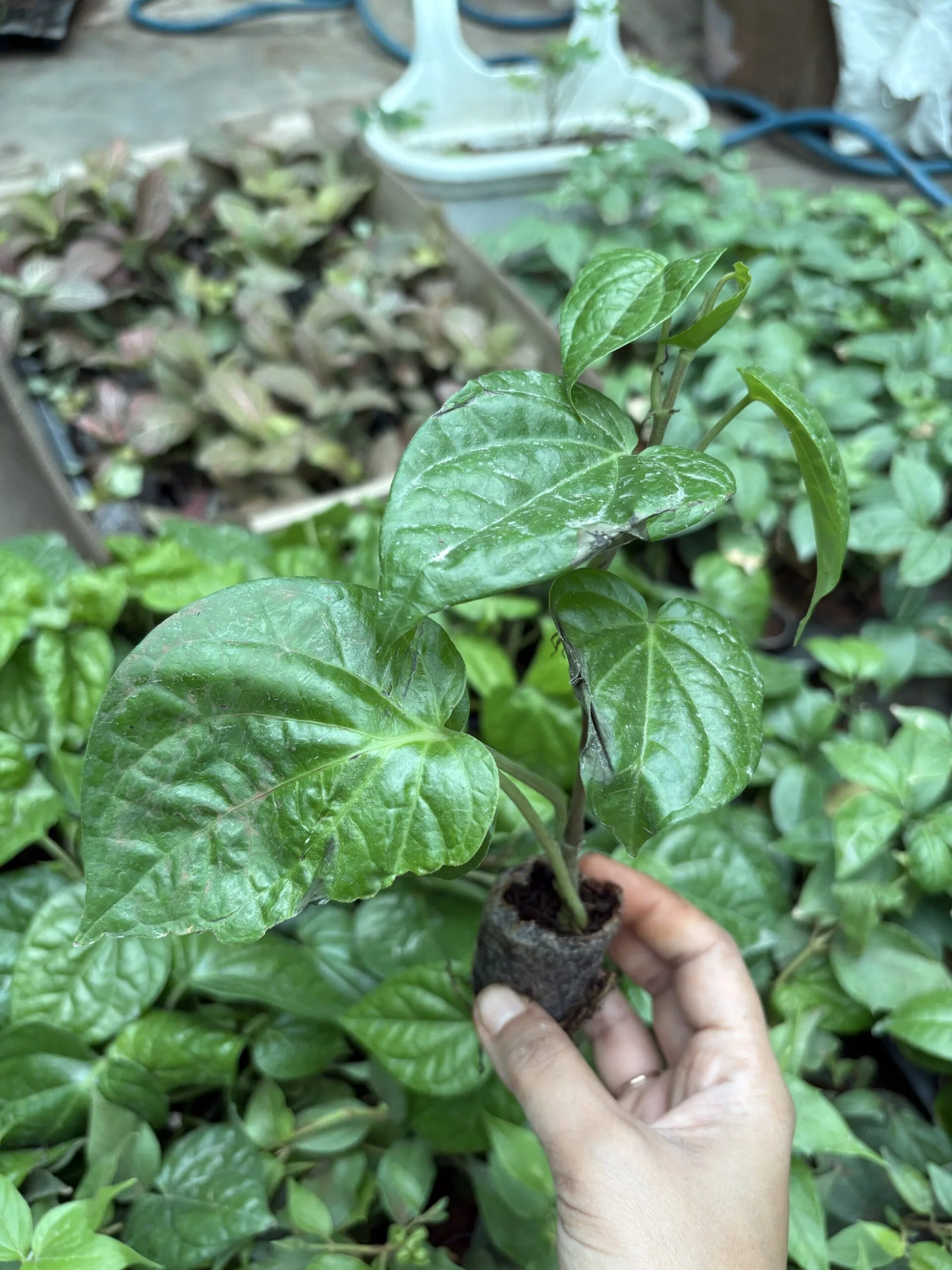

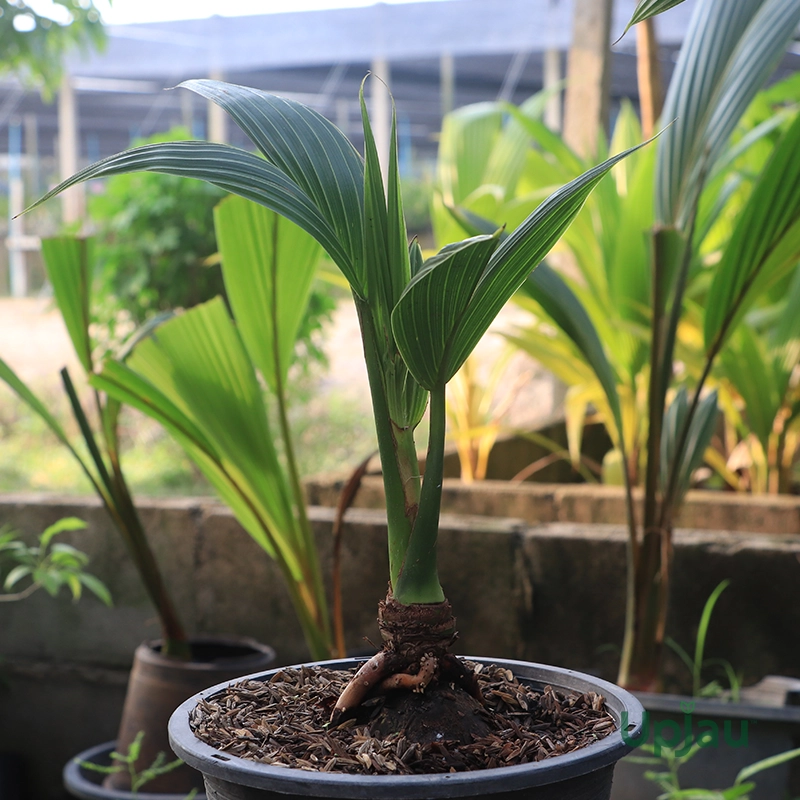
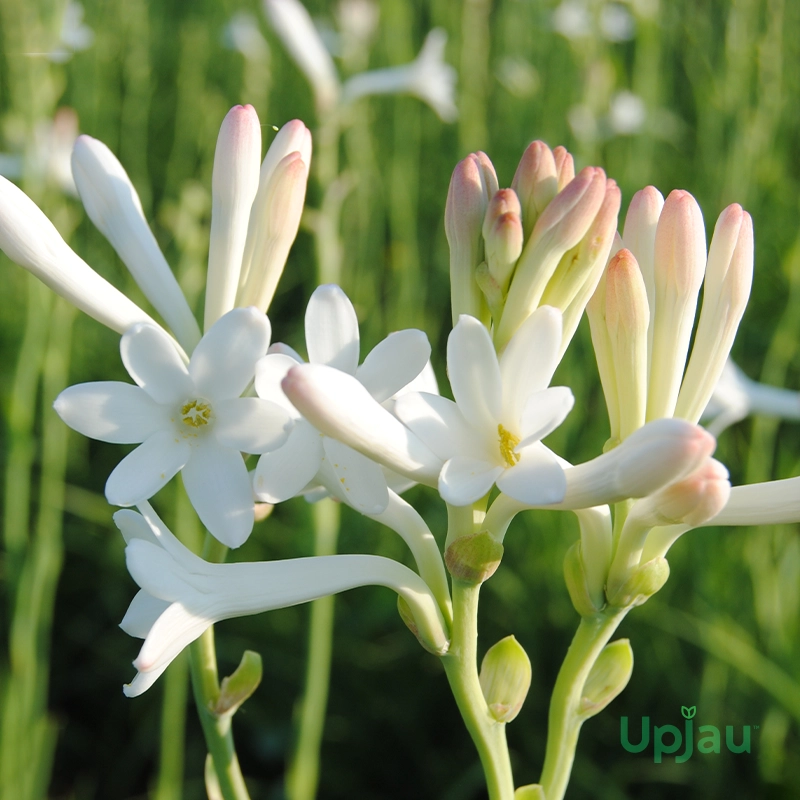
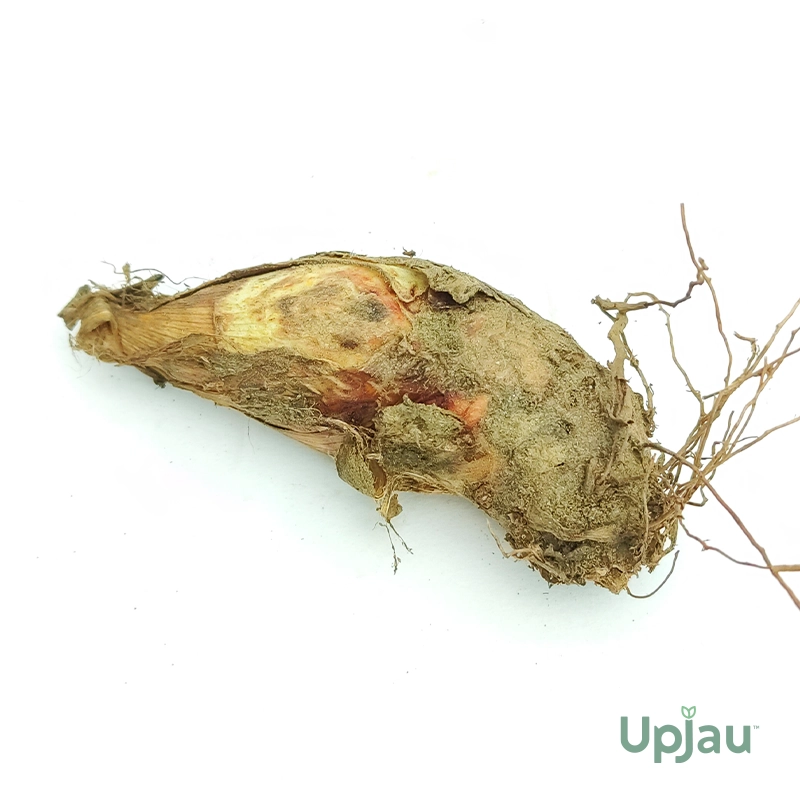
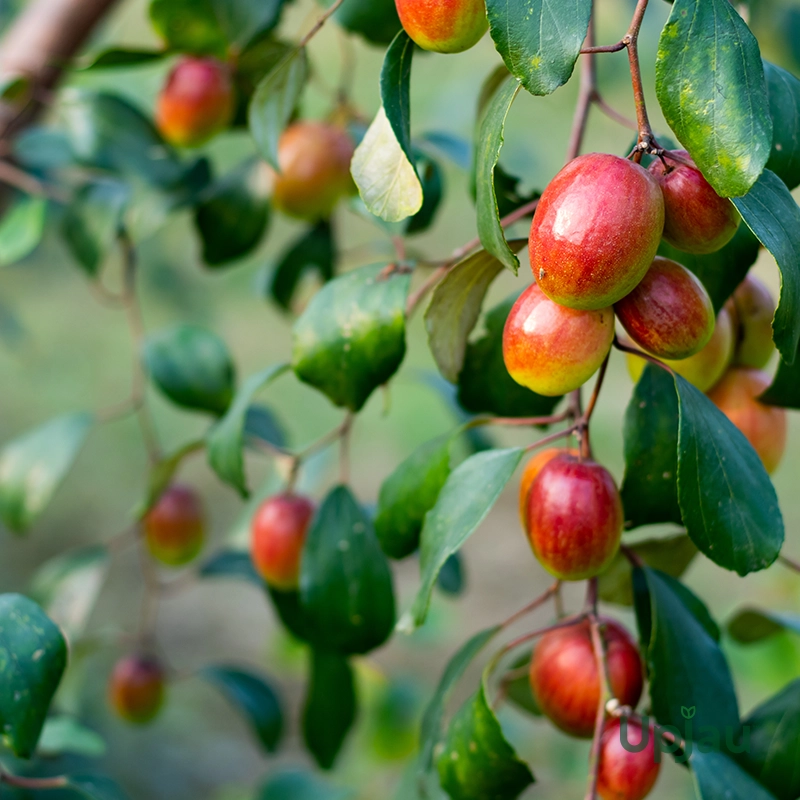
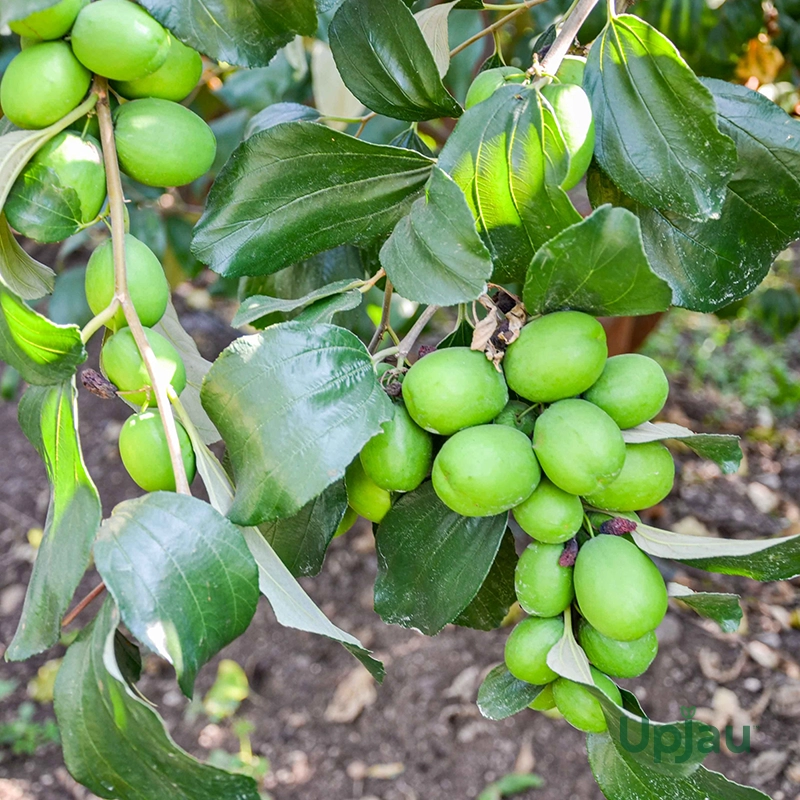

Reviews
There are no reviews yet.